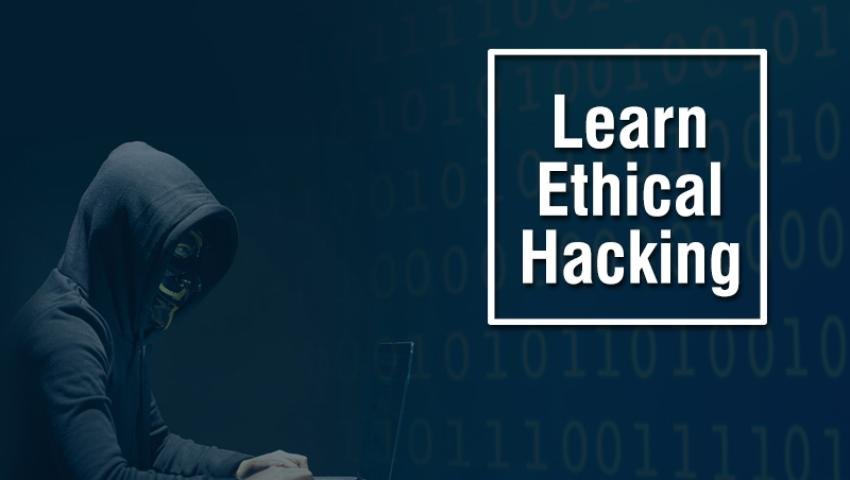
Ethical Hacking Tools You Should Know About in 2025
In 2025, the landscape blends long-standing, battle-tested tools with AI-powered assistants and cloud-native scanners. Below is a practical guide to the most important tools and tool categories ethical hackers should know — focused on capabilities, typical use-cases, and why they matter today.
As cyber threats grow more sophisticated, ethical hackers and security teams must keep their toolkits current. In 2025, the landscape blends long-standing, battle-tested tools with AI-powered assistants and cloud-native scanners. Below is a practical guide to the most important tools and tool categories ethical hackers should know — focused on capabilities, typical use-cases, and why they matter today.
1. Kali Linux (and its toolset)
Kali remains the go-to penetration testing distribution because it packages a huge collection of tools (scanners, exploit frameworks, wireless utilities, forensics tools). It’s the convenient starting environment for red teams and security assessments.
2. Nmap
Network discovery and port scanning are foundational. Nmap’s scripting engine helps find services, fingerprint OSes, and detect common vulnerabilities. It remains indispensable for mapping targets before deeper testing.
3. Metasploit Framework
A flexible exploitation and post-exploitation framework used for validating vulnerabilities in controlled environments. In 2025, Metasploit continues to help testers simulate attacks and verify defensive controls — when used ethically and with permission.
4. Burp Suite (Professional)
For web application testing, Burp is the de facto proxy and testing platform: scanning, fuzzing, session analysis, and sophisticated extensions. Its active learning and automation features make it essential for modern web app security.
5. Wireshark
Network protocol analysis is critical for incident response and deep packet inspection. Wireshark’s ability to decode protocols helps ethical hackers understand traffic patterns and diagnose injection or exfiltration attempts.
6. OpenVAS / Greenbone
Open-source vulnerability scanning for infrastructure and servers. It’s useful for baseline vulnerability assessments and for continuously checking systems against known CVEs.
7. AI-assisted Vulnerability Scanners & Assistants
By 2025, many scanners include AI to prioritize findings, reduce false positives, and suggest exploitability. These tools speed triage and help teams focus on high-impact issues — but human validation is still required.
8. Cloud-native Security Tools (Trivy, ScoutSuite, Kube-bench)
As cloud adoption grows, tools that scan container images, IaC (infrastructure-as-code), and Kubernetes configurations are essential. Trivy for container/image scanning, ScoutSuite for multi-cloud posture, and kube-bench for cluster hardening are examples to know.
9. OSINT & Recon Tools (Shodan, Maltego)
Open-source intelligence tools help build an attacker’s picture: exposed services, leaked credentials, domain relationships, and infrastructure mapping. They’re invaluable for reconnaissance and risk assessment.
10. Static & Dynamic Code Analysis (Snyk, GitGuardian, OWASP ZAP)
Secure development must include code scanning and dependency checks. Snyk detects vulnerable libraries, GitGuardian finds leaked secrets, and OWASP ZAP provides automated dynamic testing for web apps.
11. Red Team Platforms (C2 frameworks — ethical use only)
Command-and-control and adversary simulation platforms let red teams emulate advanced persistent threats in a controlled manner. These are powerful — and must be used responsibly under strict rules of engagement.
Ethics, Legalities, and Best Practices
Tools are neutral — how they’re used matters. Always obtain explicit written authorization, define rules of engagement, and coordinate with stakeholders. Combine automated tools with human expertise, document findings clearly, and help organizations prioritize remediation.
Conclusion
2025’s ethical hacking toolkit is a hybrid: classic, proven tools plus cloud-aware scanners and AI-powered assistants that improve efficiency. Mastery means not only knowing the tools, but understanding their limitations, ensuring legal authorization, and turning findings into actionable security improvements.
Mrityunjay Singh
Leave a comment
Your email address will not be published. Required fields are marked *

